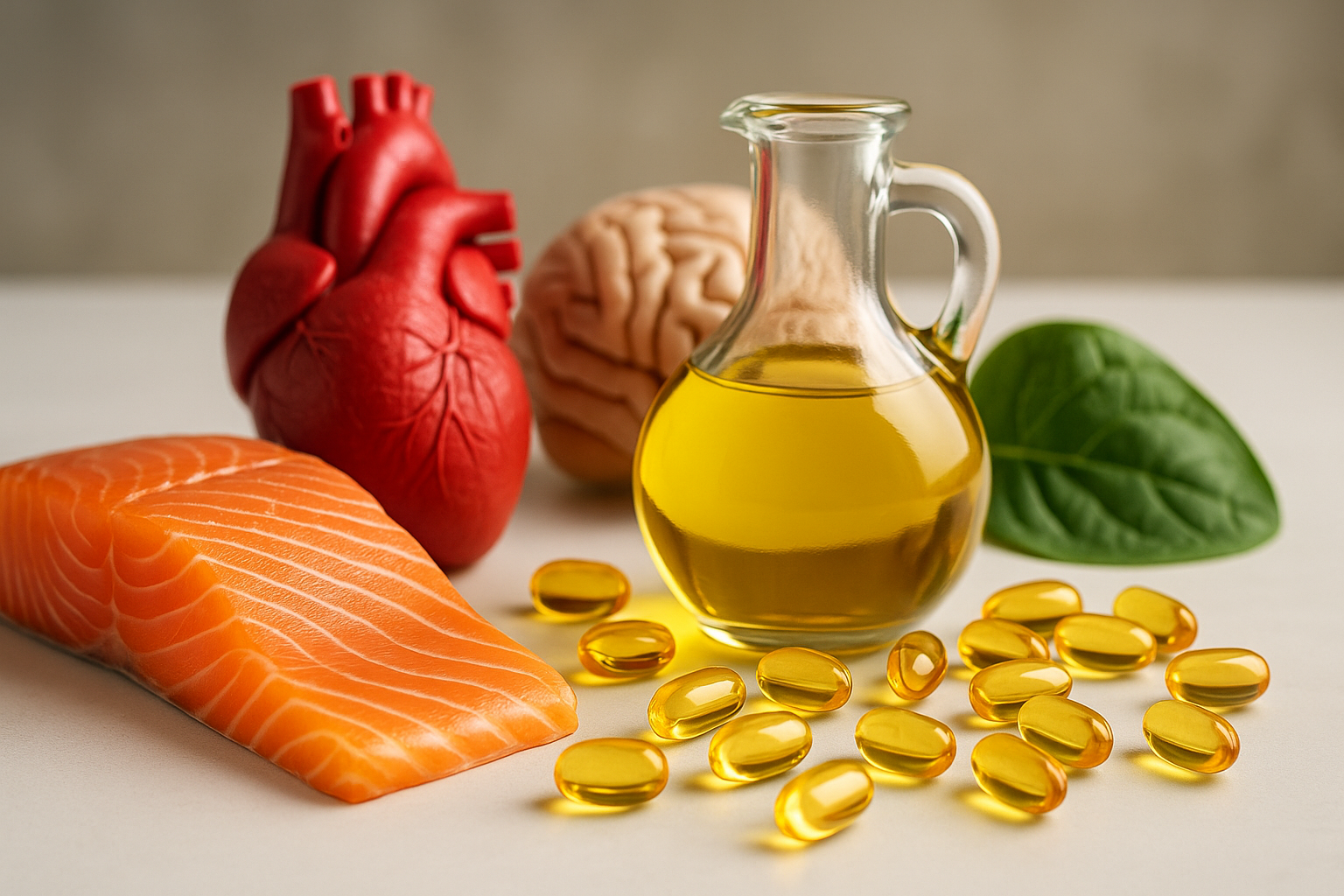
Overweight and obesity can also reduce quality of life and general well-being and increase the risk of serious illness. One problem: processed foods accompany us at every turn. The solution is an individually tailored exercise programme and a balanced diet. Lots of fruit and vegetables, little fat and sugar, and at the same time about two litres of water a day.
It was frightening news in mid-February: in England and Scotland, more people have died in recent years from the consequences of obesity than from the effects of smoking. This is now proven by a new study by researchers from Glasgow. In essence, they say: between 2013 and 2017, smoking-related deaths in the countries fell by just under four percentage points to just over 19 per cent, while those related to obesity increased by more than five percentage points to just over 23 per cent. According to official figures, almost two thirds of the citizens in Great Britain are too fat.
Obesity increases the risk of serious illness. Almost all organs can be affected. The Health Knowledge Foundation summarises the main risks:
It goes on to say on the subject of obesity: "Overweight and obesity can also reduce the quality of life and general well-being. People with obesity are also affected by restrictions in everyday life and may experience stigmatisation, exclusion or even hostility. This in turn can lead to stress or reduced self-esteem. The risk of mental illness, such as anxiety disorders or depression, may be increased as a result."
Around 700 million diabetes sufferers in 2045
To take the example of diabetes, around seven million Germans are affected by diabetes, and in 2019 around 463 million diabetics were counted worldwide, according to the International Diabetes Federation (IDF). The numbers are expected to rise to 700 million people by 2045. Every year, diabetes and its secondary diseases incur costs of around 35 billion euros for treatment, care, incapacity to work and early retirement in Germany alone, according to the "German Health Report Diabetes 2017". Diabetes has thus become a dangerous widespread disease that can often be fatal.
Due to the close connection between obesity and diabetes, weight reduction and a general change in lifestyle are of particular importance. Practice shows that patients at risk of diabetes who follow certain rules to reduce blood sugar levels can almost always prevent the onset of diabetes. Sugar consumption is very relevant in connection with obesity and type 2 diabetes, as a study within the framework of the "German Health Report Diabetes 2017" highlights. In short, one result is: study participants who consumed more than 250 millilitres of a sugary drink per day had about a 1.8-fold higher risk of developing diabetes in the next five years than participants who consumed less than 250 millilitres per week. Since sugary drinks cause weight gain, it must be expected that the weight gain increases the diabetes risk accordingly, the authors write. Especially since sugar also poses other enormous risks that go beyond diabetes. Another study found that people whose sugar intake was more than 21 per cent (about 105 grams) of their daily calorie intake had a 2.4-fold higher risk of mortality from cardiovascular disease. Sugar substitutes and sweeteners should also be avoided, as they promote cravings and obesity when consumed in larger quantities. The best thirst quenchers are water and unsweetened herbal teas.
Heavily processed foods are a health risk
Now, unfortunately, it's not as if it would be all that easy to give up unhealthy foods. An article in the Neue Zürcher Zeitung highlights the underestimated danger of highly processed foods. The problem according to the article: "Processed foods accompany us at every turn. The processing can go more or less far and serve different purposes. For example, olive oil, canned fish, bread, pasteurised milk, artisanal cheese or frozen vegetables all require some processing. But this has little to do with what constitutes highly processed, so-called ultra-processed foods. In their production, an important part of the original food - or raw material - is often eliminated. For example, refined flour is used in which the bran and the germ of the grain have been eliminated. The flour thus has a good shelf life and is very fine. During the refining process, however, a large part of the naturally existing proteins, minerals, vitamins and trace elements are lost. From a nutritional point of view, whole grain products are therefore preferable."
These ultra-processed foods were of increasing concern to doctors and nutritionists. Many people already get more than half of their daily energy needs from such food - at great risk. For some years now, there has been increasing evidence that high consumption not only promotes obesity and type 2 diabetes. A large-scale study from France now also suggests that it increases the risk of cardiovascular diseases and cancer. In the study, "Consumption of ultra-processed foods and cancer risk: results from NutriNet-Santé prospective cohort", the core finding is formulated as "associations between ultra-processed food intake and risk of total, breast, prostate and colorectal cancer, assessed by multivariable Cox proportional hazard models adjusted for known risk factors"!
Successfully lose weight: Changing eating habits in the long term
So what is to be done about obesity? The World Health Organisation (WHO) recommends getting one hour of exercise per day. This already includes walking to the bakery and taking the stairs instead of the lift - a good start. Would you like to exercise? Then you need an individually tailored exercise programme, preferably in consultation with your doctor. A balanced diet is also important. Plenty of fruit and vegetables, little fat and sugar, and at the same time about two litres of water a day - that will lead you to your goal in the long run. If you really want to lose weight, you cannot avoid changing your eating habits in the long term. And that has a positive effect on body and mind. If you are fit, you make a completely different impression on the people around you. He is perceived positively and also works more successfully because the aching neck, the constant feeling of fullness and more do not restrict him any further.
Vitamins and numerous other natural substances as food supplements are also important. For example, the combination of vitamins B, C, D, E and beta carotene, various enzymes, important amino acids, trace elements and other secondary plant substances: such a combination is a real energy boost for body and mind. Vitality and drive, immune system, stress resistance, fat reduction and much more - nature helps comprehensively with its substances.
Boost the metabolism with natural vital substances
It is especially important to boost the metabolism. Natura Vitalis has developed the "IQ28" metabolism cure for this purpose. "IQ28" stands for intelligent weight management, which will ensure that people reach their desired weight within 28 days with seven, highly effective products. In addition to protein, sufficient vitamins and minerals play an extremely important role in a well-functioning metabolism, which then in turn leads to 24-hour fat burning. In the natural metabolic state, the stored fats are released and converted in the liver to so-called ketone bodies (ketones), which are used instead of carbohydrates for all cells to produce energy. This makes the pounds melt away.
Meanwhile, it is also known that L-carnitine plays an important role not only in the energy metabolism in humans and animals, but also in plant cells. But the fact alone that since its discovery there have been over 10,000 scientific studies on L-carnitine and that new studies are constantly being conducted and published on it shows how important and exciting this substance is and remains.
This means that a person with a fast metabolism burns a lot of the energy that he or she has taken in through food. This therefore accelerates weight loss through exercise, dieting and dietary changes. This helps to get the body going permanently and to achieve all goals.










